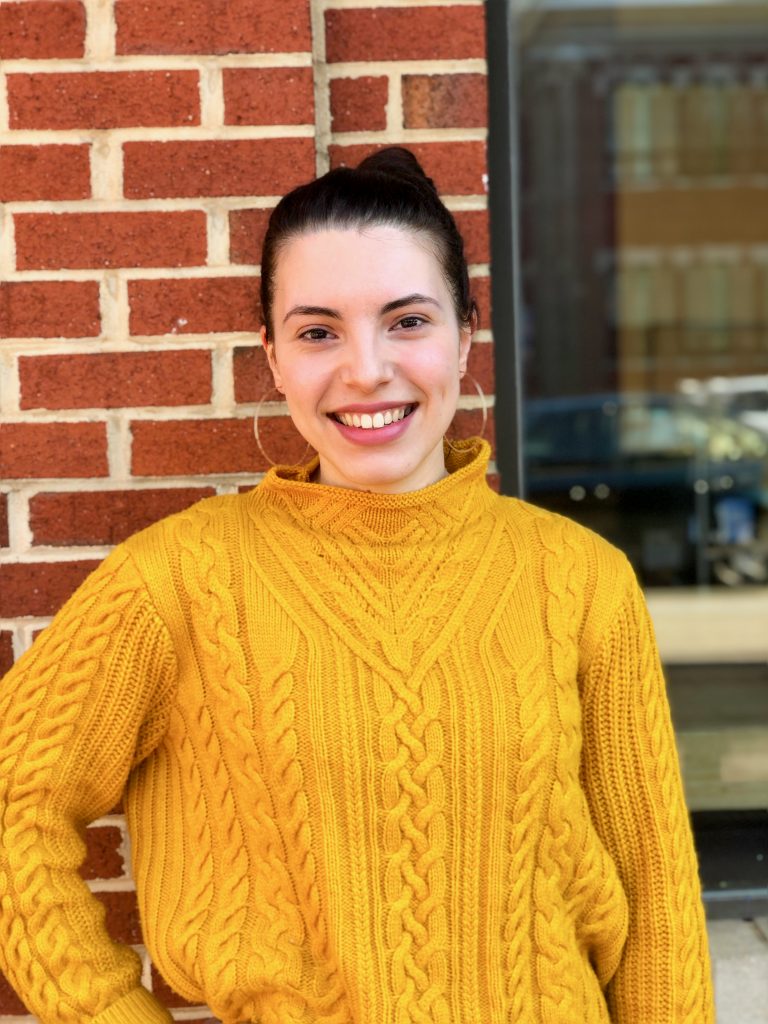H. Alex Hsain chose NC State for her PhD because she wanted a program that promised excellence in both materials science research and public engagement. “The engineering side is amazing,” said Hsain, “but there’s also a lot of community-building opportunities.”
One of those opportunities is SciBridge, a program based at NC State that aims to build connections between East African and American scientists through education and scientific discussion. It focuses on cultivating the skills to research and develop the materials needed for sustainable energy.
As the child of two immigrants, Hsain said her father showed her the value of education and what a privilege it was. She wanted to share that privilege with others and saw volunteering at SciBridge as a great way to do that.
“SciBridge focused on my field, material science, and I felt a connection with these students of diverse backgrounds,” said Hsain.
Hsain was able to continue this theme of sustainability in her studies by spending last summer in DC as a WISE Policy Analyst. She looked at how governments can use technical standards to encourage sustainable development. Hsain was sponsored by ASTM International, which promotes the use of standards in building practices to increase quality and safety.
Hsain’s research also focuses on issues of sustainability. As a member of Jones Research Group, she hopes to minimize power consumption of personal electronics, like cell phones and fitness trackers, through ferroelectric memory. Ferroelectricity, a characteristic of materials that have special types of crystal symmetry, allows information to be encoded and stored without an external power source.
She uses analytical techniques to study this, which Hsain described as “giant microscopes that look at very tiny things.”
 Hsain studied at NC State as an undergrad, and saw many reasons to stay at NC State for her Ph.D.- she loved its supportive environment, the equipment and tools available to her, and she had a great advisor. However, Hsain also chose NC State because of how its technical field looked outward with a socially-driven mindset.
Hsain studied at NC State as an undergrad, and saw many reasons to stay at NC State for her Ph.D.- she loved its supportive environment, the equipment and tools available to her, and she had a great advisor. However, Hsain also chose NC State because of how its technical field looked outward with a socially-driven mindset.
Looking ahead, Hsain said she is excited about the move towards miniaturization and wearable tech, and all the new analytics and data that come with it.
“Data-driven science is big and at the forefront of material science, and miniaturization allows us to acquire that data and make more informed decisions about our everyday
life.”
Alex Hsain is also actively engaged in public science communication and regularly contributes to her blog, Millennial Scientist, where she de-mystifies scientific research and discusses the life of a PhD student. You can follow her @millennialscientist on Instagram and check out her blog for new updates.